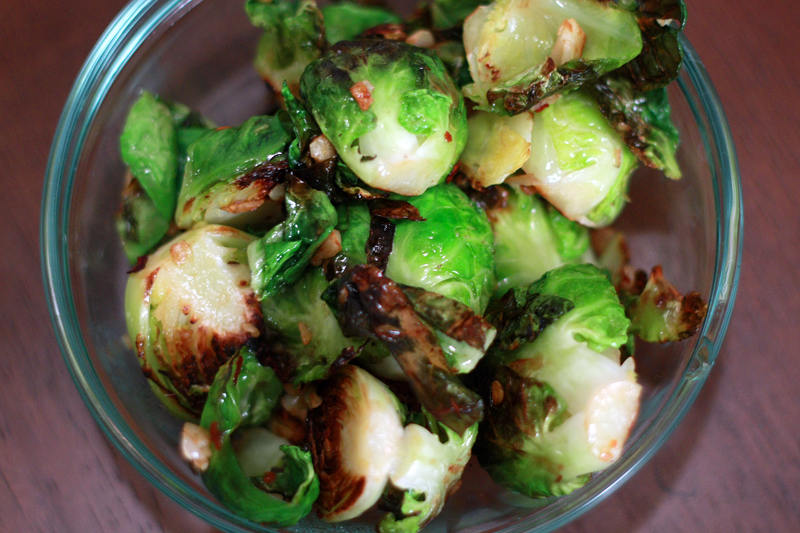
Oh. My. I went there. I made that certain vegetable that sends kids running from the table or at the very least ends up hidden under napkins and plates.
I have to be honest here. Up until now, I've never tried brussels sprouts. Ever. I can't say that didn't stop me from hesitating with the fork right before taking a bite, or having that sinking "this is going to be bad" feeling.
But I was intrigued. I had seen these tiny little cabbage look-a-likes popping up everywhere, from Bon Appetit and Cooking Light, to Bobby Flay making them during a throwdown (instead of mashed potatoes, gasp!), to other blogs. What was going on? Was I missing something? I had to find out. Instead of smothering and covering these guys, I figured the best way to go about trying them was a simple saute. Olive oil, garlic, and a little red pepper. Nothing too fancy.
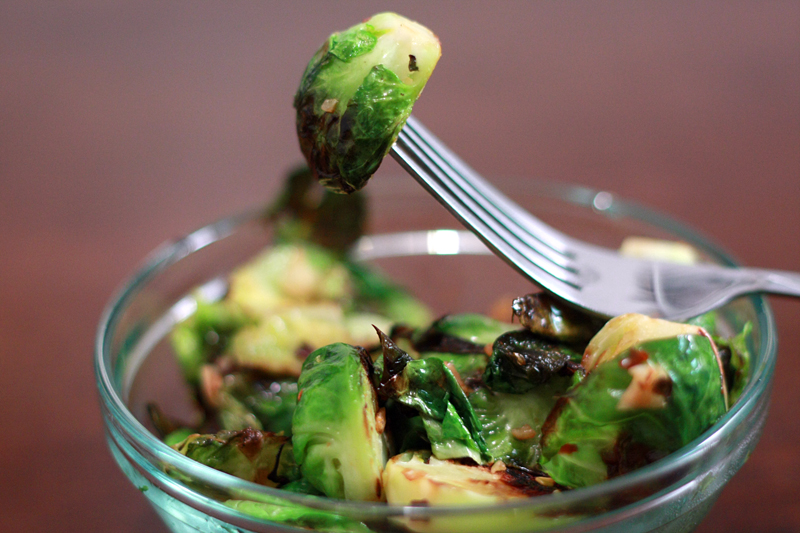
Brussels Sprouts
From: Original Recipe
From: Original Recipe
1/2 pound brussels sprouts, rinsed and patted dry
1 tablespoon olive oil
1 clove garlic, minced
1/4 teaspoon red pepper flakes
Trim off bottom part of stem on brussels sprouts. Slice into half or thirds (depending on size).
In a large skillet, warm oil over medium heat. Add sprouts in one layer. Cook for 5 minutes, shaking pan occasionally to prevent sprouts from sticking. Flip sprouts over and cook for another 4 minutes. Add garlic and red pepper flakes, and cook until garlic is fragrant, about 30 seconds to 1 minute. Remove from heat and serve immediately.
Serves: 3
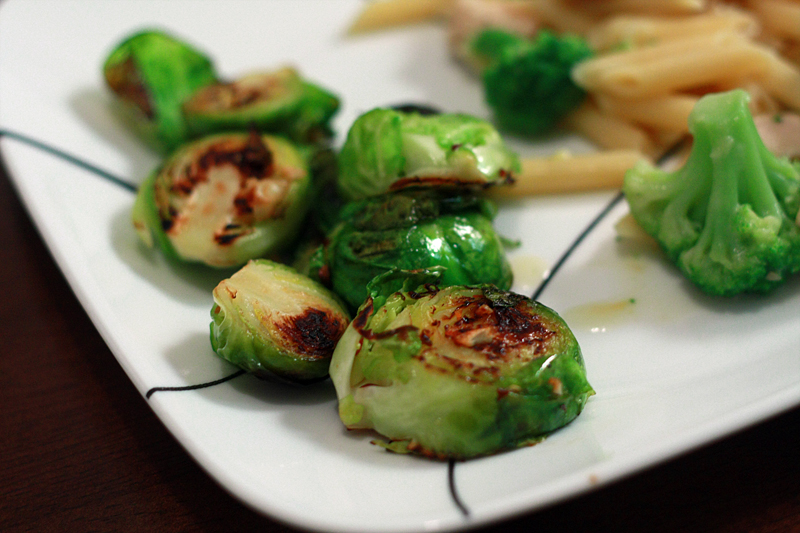
So I tried a bite. And then another. Not exactly my favorite vegetable, but definitely doesn't warrant a complete meltdown and parent-child stand-offs. I think these guys get a bad rap. The larger pieces I had did have a little bit of bitterness to them, so make sure you pare them down to a nice bite-sized amount before cooking.
Can you believe it? Another side dish. That might be even more weird than me eating brussels sprouts. AND it's not the only green veggie on the plate! There was some broccoli involved last night, too. I think there was something mysteriously wrong going on last night. Let's not let it happen again.

Seriously? I would make these again? What is the world coming to?
| Nutrition Facts | |
| Amount per serving | |
| Calories 74 | Calories from fat 43 |
| % Daily Value | |
| Total Fat 4.8g | 7% |
| Saturated Fat 0.7g | 3% |
| Cholesterol 0mg | 0% |
| Sodium 19mg | 1% |
| Total Carbs 7.2g | 2% |
| Dietary Fiber 2.9g | 12% |
| Sugars 1.7g | |
| Protein 2.6g | |
| Vitamin A 13% | Vitamin C 108% |
| Calcium 3% | Iron 6% |
Get Up and Move Challenge Day 22: Which "diet" is the best?
 This is the "big daddy" of all the "dieting" questions out there. And unfortunately, there just isn't an answer. Before we start, let's define a few things first.
This is the "big daddy" of all the "dieting" questions out there. And unfortunately, there just isn't an answer. Before we start, let's define a few things first.Diet: food or drink regularly provided or consumed. However, over the years it has morphed into a word defining a specific intake for nutritional or weight-related reasons.
Low Calorie Diet: consists of 800-1200 calories per day (often need to be medically supervised)
Balanced-Deficit Diet: usually between 1200-1500 calories per day
Low Fat Diet: restricts fats to 20-30% of daily calories, but can be as restrictive as 10%
High Protein Diet: recommends a protein intake between 30-50% of daily calories
Low Carbohydrate Diet: recommends less than 10% of daily intake coming from carbs, with some diets eliminating carbs completely
Okay. So there are about a million and one different diets that exist; from the Atkins Diet (High-Protein, Low-Carb), to the South Beach and Zone Diets (Low-Carb), to Weight Watchers (Balanced-Deficit), to the Ornish Diet (Low-Fat), to NutriSystem (Portion Control), to the Caveman/Paleo Diet (only pre-agricultural era foods), to the Cookie Diet and SlimFast Diet (meal replacement). There are 88 different diets listed on WedMD alone, and that that barely scratches the surface.
Where do you even begin? First and foremost, if your doctor has recommended a particular diet for you due to health-concerns (such as diabetes, high cholesterol, etc.) follow it. They did spend 10+ years getting that MD behind their name -- they probably know something. Second, if you are unsure about a particular diet or have questions regarding what you should be eating and if you're getting the proper nutrients, talk to a registered dietitian (RD). Once again these people went to school for nutrition and know it like the back of their hand. They are experts. Those trying to sell you on a diet, most likely, are not. Or, if they are an expert, as in the case of the Atkins and South Beach diets, check the facts -- the majority of these diets (including the two aforementioned) are based on theories and case studies, not true-blue peer-reviewed factual science.
In all actuality, it is very difficult to find information regarding a specific diet in a scientific journal. The problem is most diets are simply a fad, and come and go before the research can be approved, performed, and published. There are a few diets, such as Weight Watchers, Atkins, Ornish, and Zone that have been compared and investigated scientifically, as those are the few which have been around for longer than a season or two, although those studies are still far and few between.
I know you're hoping I am going to single out one diet that stands above the rest, but it really isn't possible. In the end, most studies find that after 12 months, there is no weight-loss difference between the low-carb/high-protein diets and those more traditional high-carb/low-fat/low-calorie diets [1]. What is important, however, is the attrition rate (drop-out rate). Any diet, whether high-protein, low-carb, low-calories, or low-fat, that is overly restrictive will cause people to drop out (at rates topping 50% in some cases!). This includes those diets completely cutting out carbs, or containing an extremely low amount of fat. It simply boils down to the fact that people are not able to maintain them. The reasons vary -- it may be too much of a time commitment to figure out what you can and can't eat, an environmental factor (such as the rest of the family is loading up on pasta every night while the diet has completely cut out carbs), or the food selection doesn't provide enough of a variety -- but the results still say the same thing: very restrictive = high drop out rate.
Before starting any diet, you need to make sure you understand that there are some downsides to many of the highly touted methods. High-protein/low-carb diets can encourage an increased intake of fats, many of which end up coming from saturated fats (which, as we know are strongly linked with cardiovascular disease). High-protein diets can also stress your kidneys, with the possibility of dehydration. Another big factor with low-carb diets is the nutritional imbalance during many of their "induction" phases. Cutting out major food groups, such as fruit, can cause the loss of many important nutrients and vitamins -- big red flag: if a diet has you taking vitamins and/or supplements during any phase, it is NOT a nutritionally well-balance or a healthy diet (i.e. the Paleo/Caveman diet recommends calcium and vitamin D supplements due to the elimination of dairy). Low-fat diets often fall into the same trap as low-carb diets by cutting out nutritionally important items, such as monounsaturated fats (which actually help your heart, not hurt it).
So then none of these diets will work? Yes, they can. Dieting is a highly personal and individualized thing. You have to find what motivates you. If counting calories or points is not your thing, try focusing on a different area, maybe as simple as portion control, as it might work better. Key points to consider when choosing a diet: Is this something I can maintain long term, or will I eventually be unable to continue due to the restrictive rules? Does the program have a long term weight-maintenance plan, or is it just a XX-week long program? Does the program include exercise, or does it only focus on weight-loss through dieting? Does the diet seek to change your lifestyle habits or simply provide you with a list of foods?
Recommendation: Find a diet that you believe in, one that motivates you to stick with it and doesn't place restrictive rules on your eating that you have a hard time with (don't believe in). Make sure the diet has a long-term weight-maintenance plan, and doesn't leave you hanging at the end. It has been said that "anyone can lose weight, the problem is keeping if off". You want a program that teaches you how to change your eating habits and make healthier choices, so when you are done with it, you are able to maintain your losses. Use a program that incorporates exercise, not just briefly mentions it. Remember that those who are overweight and active can still be healthier than those who are inactive and thin.
As I said, there are no hard and fast rules that apply to everybody when it comes to dieting. Find what works for you and your health needs.
Which diets have you failed with, and with which ones have you seen long-term success?
[1] Foster GD, Wyatt HR, Hill JO, McGuckin BG, Brill C, Mohammed BS, Szapary PO, Rader DJ, Edman JS, Klein S. A randomized trial of a low-carbohydrate diet for obesity. N Engl J Med. 2003;348(21):2082-90.
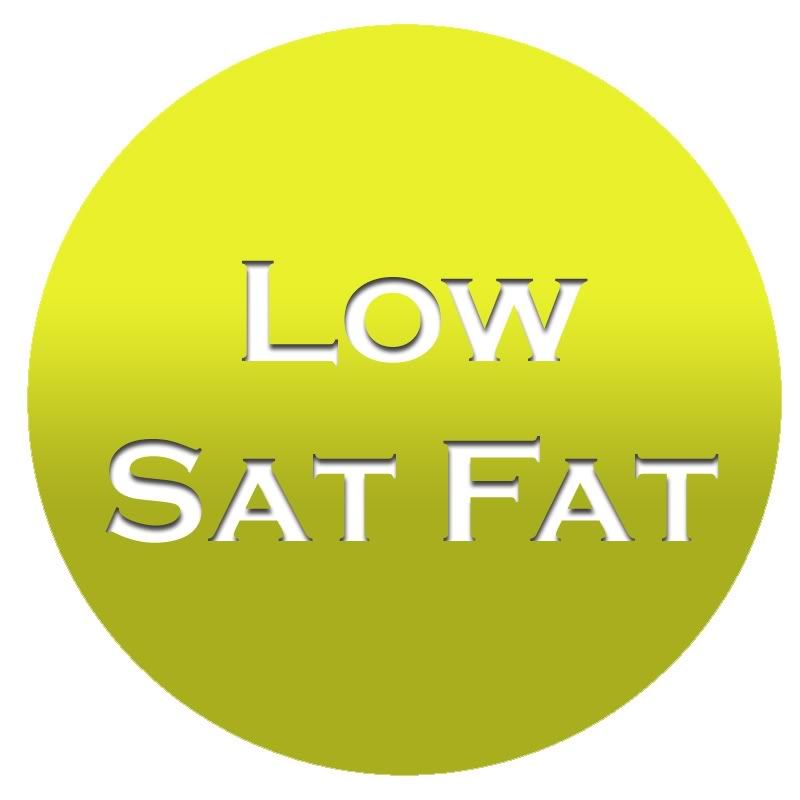
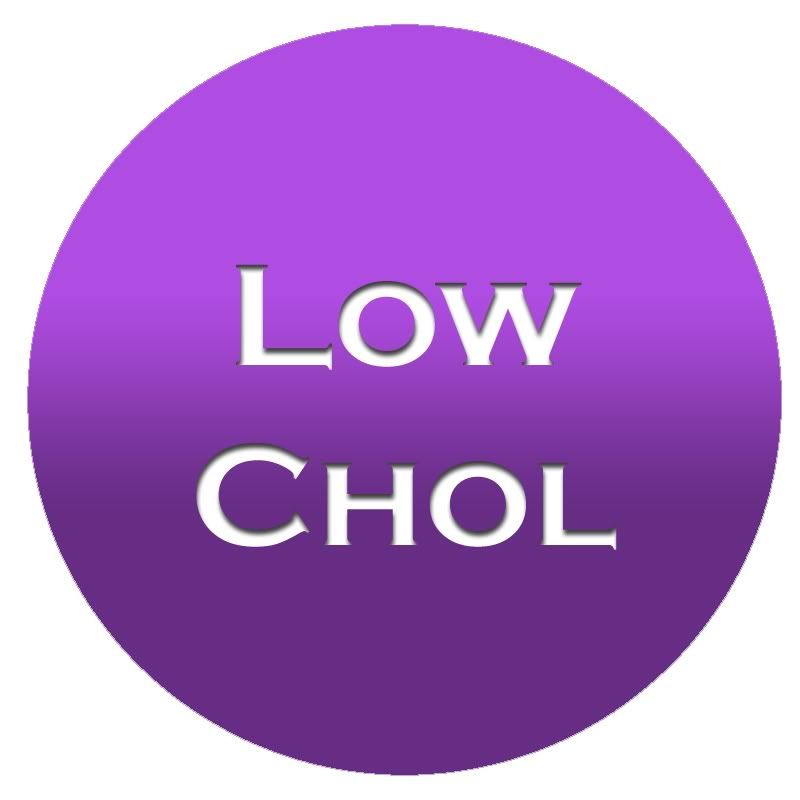
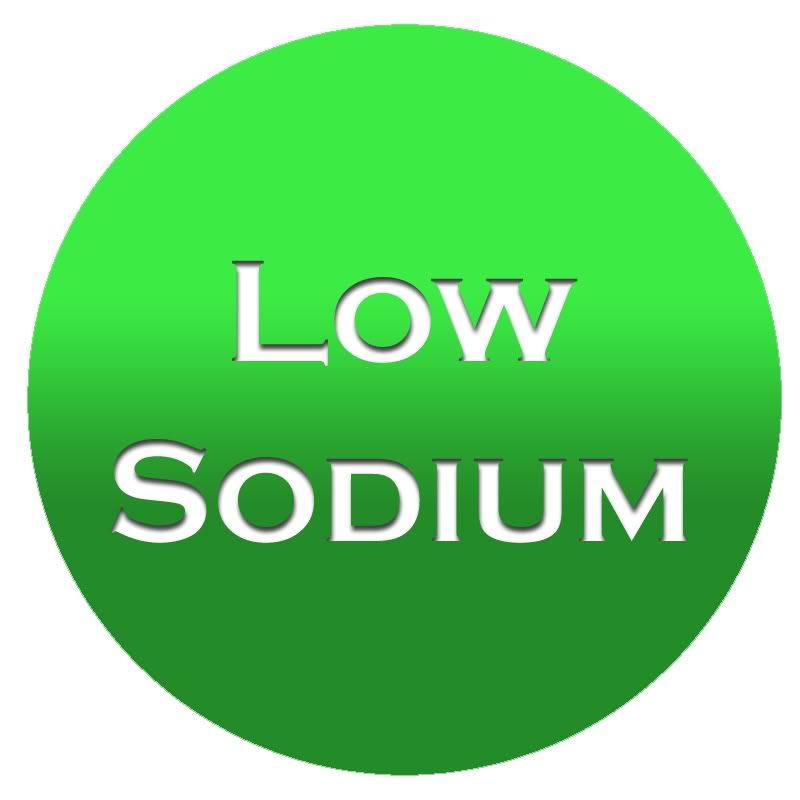
I love Brussels Sprouts! Thanks for the post
ReplyDeleteI love brussels sprouts! These look awesome!
ReplyDeleteI didn't try them until I was an adult either. I take a few pieces of bacon, cut into pieces along with diced onion, sweat the onion while you are frying the bacon, pour off most of the grease, throw in your quarteres brussel sprouts, cover, turning about every few minutes.
ReplyDeleteThey are really tasty. But then again, it's got bacon!
I never liked brussels spouts as a kid either but I think that it was because My Mom only bought them frozen. Yuck. As an adult they are my favorite vegetable but they HAVE to be fresh. I usually just steam them and then toss in garlic and butter but I think I will try them this way next time.
ReplyDeleteI can't even remember the last time I ate Brussels sprouts and it's probably a good thing! I never liked them and doubt I will as an adult. In an effort to try I might (and that's a big might) consider it but I will have to be in the mood to do so.
ReplyDeleteHello, typing here from Belgium :-D Bought 2 kilos of it few days ago and the family loves Chou de Bruxelles aka Brussels Sprouts that we stir-fry it Chinese style, traditional style like in hochepot (though i don't fancy over cooked vege) and yesterday, I cooked it simple with lardon fumé and garlic. Sometimes, I add generous dashes of white wine or Shaoxing wine. You can use seafood as well with Brussels sprouts as I love seafood as I was from a small island in Southeast Asia where fresh seafood available abundantly. I even used salted fish before :-D For me it tasted like Kailan and Broccoli. My son thinks is a miniature cabbage and usually would grab few pieces to play.
ReplyDeleteIt's true what Annie said...they have to be fresh to enjoy the benefits!
Try parboiling the brussels sprouts first, draining well, tossing with a healthy does of lemon juice, and THEN sauteeing them in garlic and olive oil, with a bit of thyme. Actually, don't saute -- just let them sit, cut sides down, until they caramelize. Then flip them to saute, salt and pepper, and serve. I made my mom -- a devoted brussels sprouts hater -- a convert with this dish.
ReplyDeleteJust want to say what a great blog you got here!I’ve been around for quite a lot of time, but finally decided to show my appreciation of your work! Thumbs up, and keep it going!.
ReplyDelete